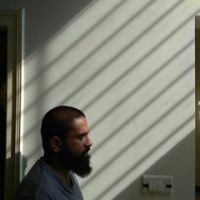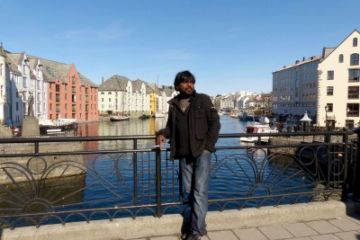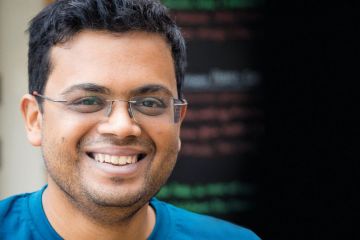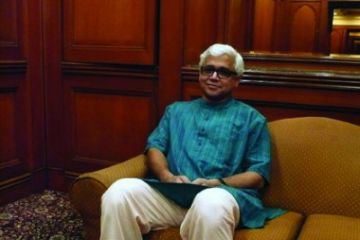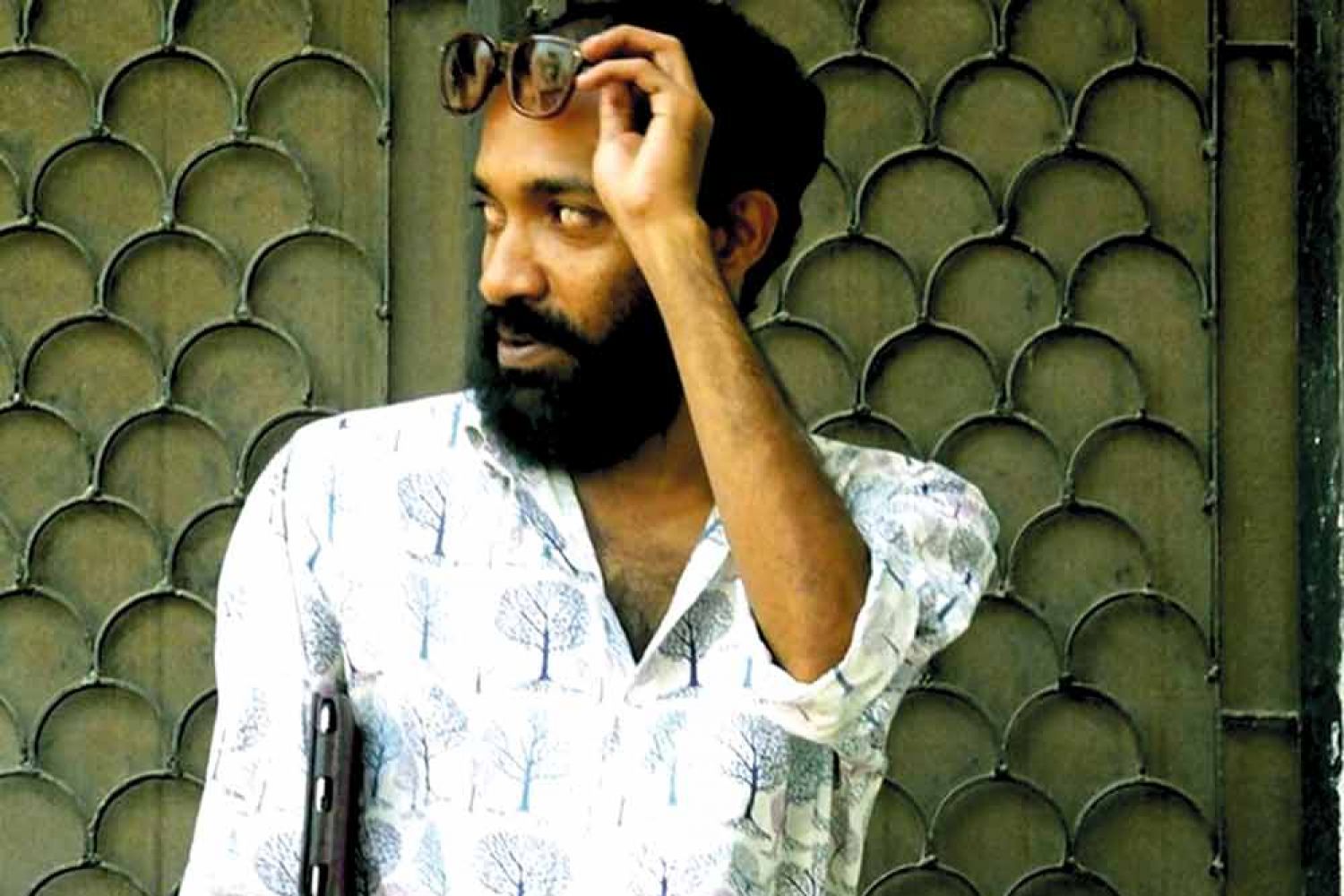
When everyone
either returnsOr goes away to go astray,A prohibited personComes out of her selfAnd waits to sayThat the greenWhich flowers and swaysOn hilltops and sea-slopesAre the valleys inside my self;That it’s through my selfThe trains climb the hillsSeekingThe shadow-complaints of winter.
-Latheesh Mohan(Who will write the travelogues of hilltops?)
An unapologetic
sensual stylist and an even more unapologetic campaigner of a set of
ideals that is at odds with the domineeri

